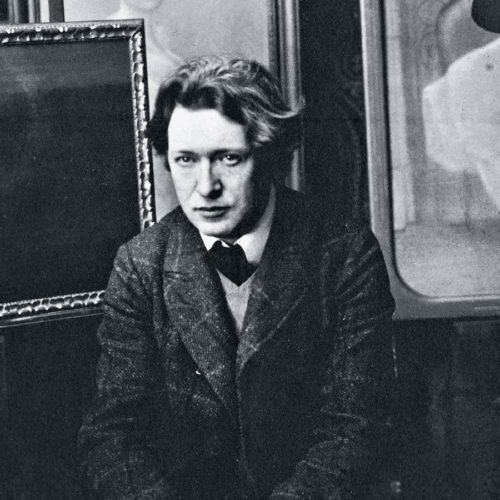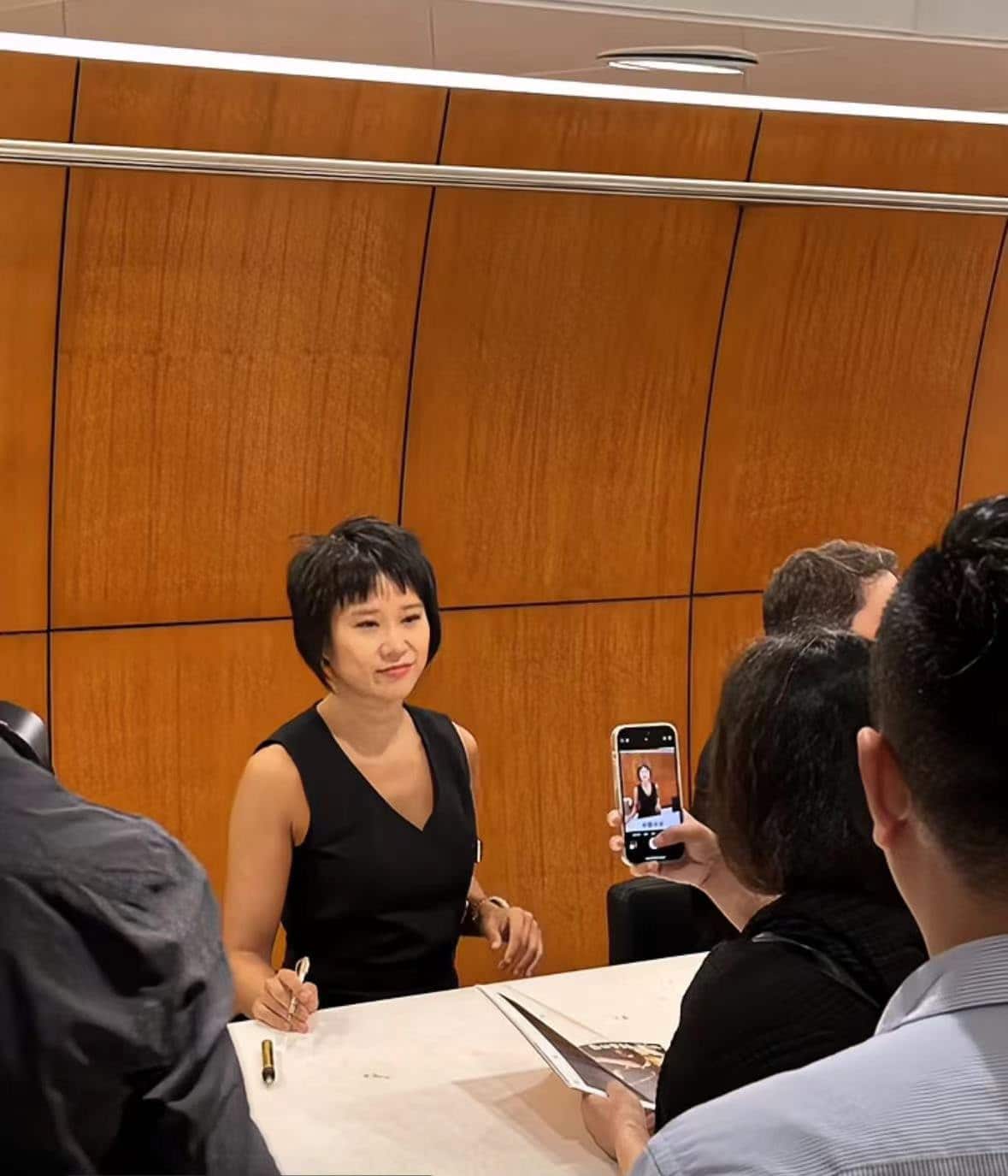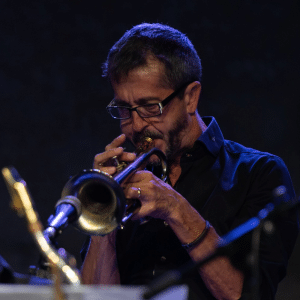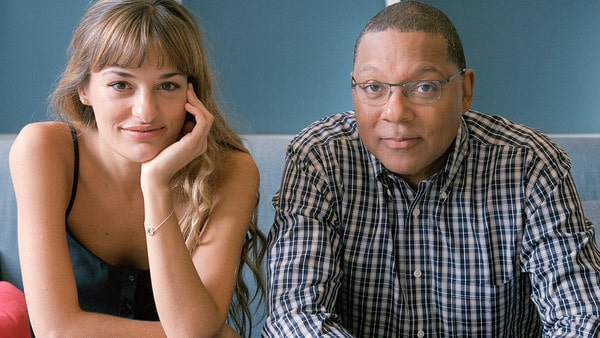Bring back Busoni, all is forgotten
mainFrom the Lebrecht Album of the Week:
Busoni cast such a giant shadow in his time that it practically eclipsed his music. With a head that resembled Beethoven’s and the best-stocked mind of any peripatetic pianist — he was the only soloist whose visits delighted Gustav Mahler — Busoni’s own compositions were largely overlooked, whether on grounds of difficulty, or because he could invariably play them better himself.
Busoni could do anything….

Read on here.






I’ve always been an immense fan of the magnificent
Piano Concerto. I consider it very fortunate that my
career as a performer was book-ended, exactly forty
years apart, with performances by Gunnar Johansen
and Marc-Andre Hamelin.
Ferruccio Busoni (1866 – 1924)
Concerto per un pianoforte principale e diversi strumenti ad arco a fiato ed a percussione: aggiuntovi un coro finale per voci d’uomini a sei parti, anno MCMIV, opera XXXIX
5 movements:
I. Prologo e Introito: Allegro, dolce e solenne
II. Pezzo giocoso
III. Pezzo serioso:
Introductio: Andante sostenuto
Prima pars: Andante, quasi adagio
Altera pars: Sommessamente
Ultima pars: a tempo
IV. All’Italiana: Tarantella: Vivace; In un tempo
V. Cantico: Largamente (with chorus)
Instrumentation Soloist: piano
Voices: male chorus (8 tenors I, 8 tenors II, 8 baritones I, 8 baritones II, 8 basses I, 8 basses II)
Orchestra — 2 piccolos, 3 flutes, 3 oboes, English horn, 3 clarinets, bass clarinet, 3 bassoons; 4 horns, 3 trumpets, 3 trombones, tuba; 3 timpani, 3 percussion (glockenspiel, triangle, tambourine, military drum, bass drum, cymbals, tam-tam); 12 violins I, 10 violins II, 8 violas, 8 cellos, 6 double-basses (4-string), 2 double-basses (5-string)
First Performance 1904-11-10 in Berlin, Beethoven-Saal
Ferruccio Busoni, piano; Choir of the Kaiser-Wilhelm-Gedächtniskirche;
Berlin Philharmonic Orchestra; Karl Muck, conductor
First Publication 1906 (full score and parts), 1909 (arrangement for 2 pianos)
Here we go to Christopher Falzone I PIANO
Busoni Piano Concerto op. 39 (transcribed and performed by Christopher Falzone, piano solo)
2012: While engaged in Busoni’s the grand orchestral performance, Christopher Falzone transcribed (along with Beethoven Concerto N. 3), Busoni Piano Concerto in 5 movements as a piano solo version and gave a premiere on 3/7/12 in Philadelphia, USA and on 4/9/12 at Salle de l’Institut, Orléans, France.
https://www.youtube.com/watch?v=mk-azZE0u-0
I sang in the chorus for a performance in my teens and experienced my Busoni epiphany.
Very interesting.
The relative neglect of Busoni’s music may be due to the nature of his music: it is experimental, jumping from one stile to another, and much sounds quite ‘intellectual’ in the sense that the music appears to have been put together rationally. Also he wrote some quite kitschy pieces like his Bach ‘arrangements’ for the piano, and a monstruous, unlistenable piano concerto lasting more than an hour:
https://www.youtube.com/watch?v=Hxb8ZrstzOI
I once sat through his opera ‘Dr Faustus’, based upon the original German myth, and in spite of many beautiful moments I never had the feeling that the whole did ‘take-off’. His operas ‘Turandot’ and ‘Arlecchino’ give a comparable impression, and lack something personal or truly expressive.
The two violin sonatas are from before 1900 and thus much under the influence of German late romanticism, especially Brahms (like the pf concerto), from which he tried to liberate himself. Maybe even for him, the piano cocnerto was a bit too much.
His short book ‘Sketch of a New Esthetic of Music’ (1907) had much influence at the time, although one of its assertions: ‘Music was born free; and to win freedom is its destiny’, is highly questionable. It seems that he confused the dynamics of tradition with the limited academic ‘rules’ which were administered at 19C conservatories. Anyway, a very interesting figure, but it seems that one has to pick one’s way through his oeuvre carefully and selectively.
For the umpteenth time, it’s Doktor FAUST!!!
And l bet you’ve never even listened until the end of the piano concerto.
That’s true. Halfway the solo entrance I had to be carried-out of the hall.
In case you don’t know, Norman, Busoni wrote a letter to his wife after hearing Mahler 7 sometime after Mahler’s death (I don’t remember where he heard it). Busoni more or less ‘trashed it’ and was dismissive of the work. Some loyalty. He happened to be on the same final voyage back to Europe that Mahler was on. Yes, he did try to keep Mahler amused by writing various ‘little ditties’ (probably crab canons and palindromes and such). However, Alma tells the story that while Busoni hung around Mahler, he disappeared when she needed help moving trunks when they got to Calais (or wherever the place of debarkation was). Of course, the accuracy of her story telling is always to be questioned.
Without him, there’d be no symphonic Kurt Weill.
I’m not sure he resembles a Beethoven bust very much. He has a very Italian looking face.
A great pianist and teacher; perhaps best known for his students.
Supreme genius.
His transcription of the Bach Chaconne for solo violin is still the best.
For once I agree with you. I just wish he had written some organ music on the scale of his other works.
There is an extensive organ solo in the Intermezzo from Doktor Faust. It can probably be worked into a stand-alone piece. Also a couple of transcriptions of the Fantasia Contrappuntistica (1910 version), one of them by Wilhelm Middelschulte to whom the work was dedicated.
That organ solo is very good:
(at 56:15)
https://www.youtube.com/watch?v=xrFwfeKzRuE
“Busoni could do anything….”
….except write music that entered the standard repertoire.